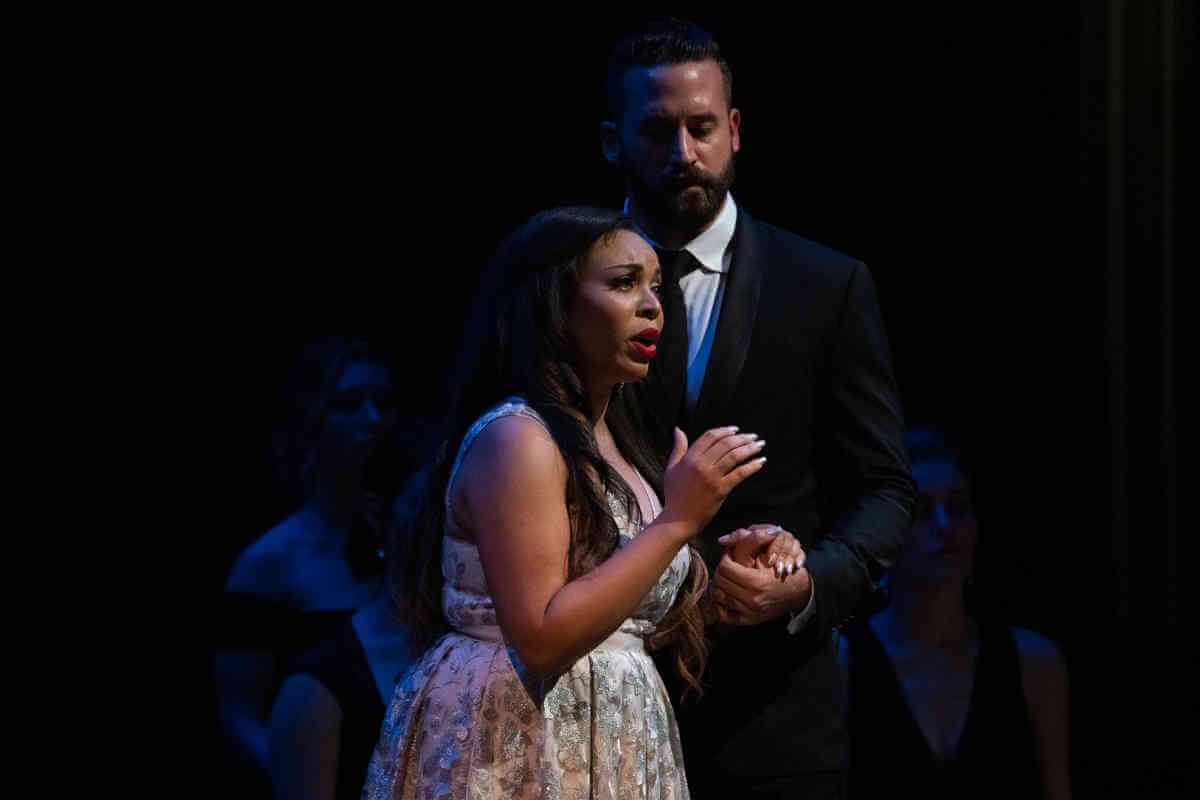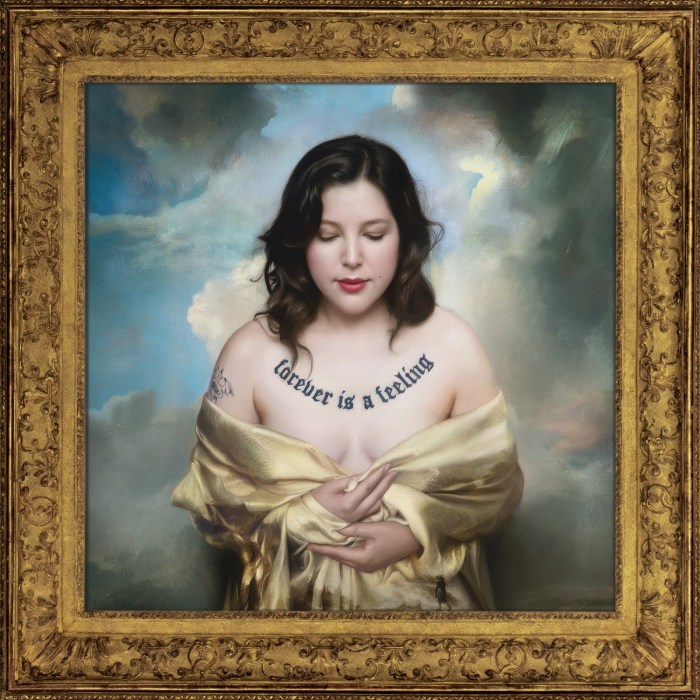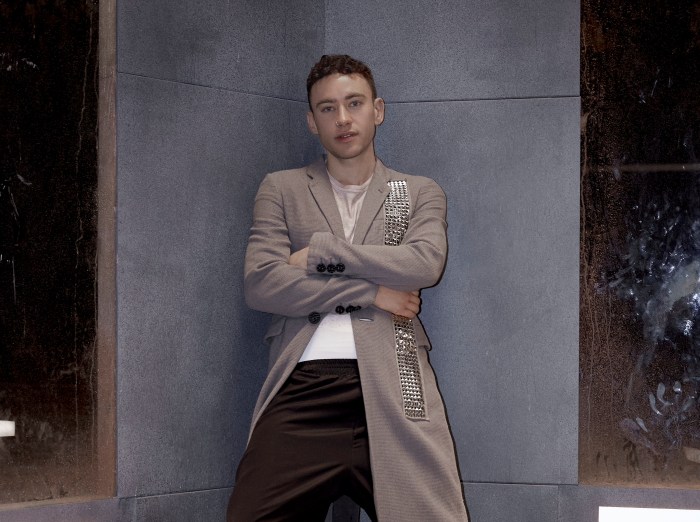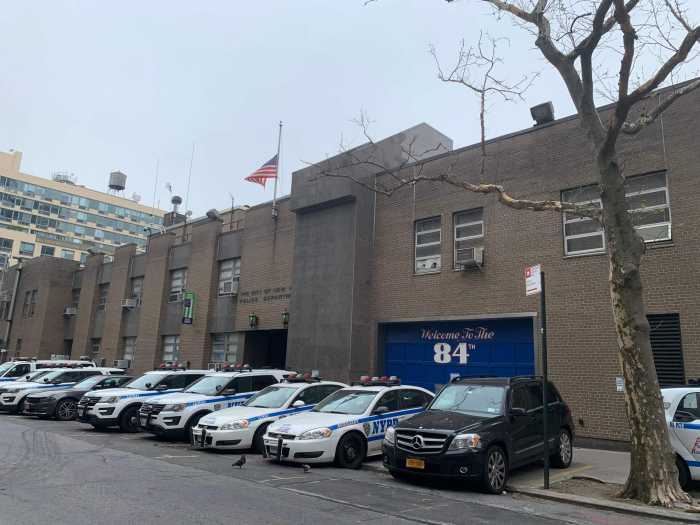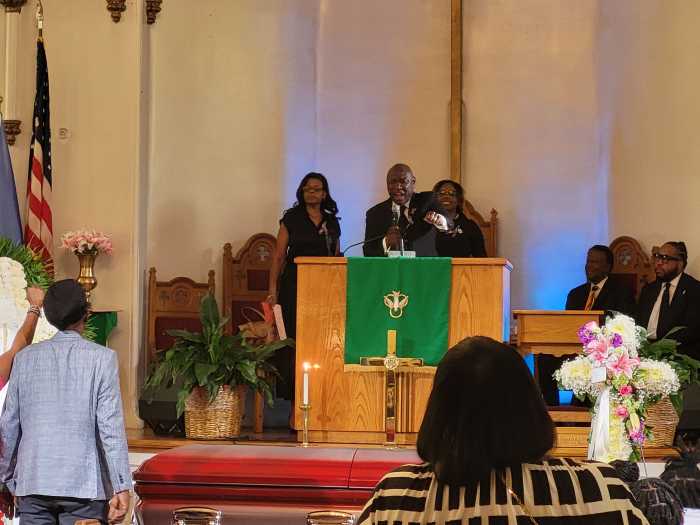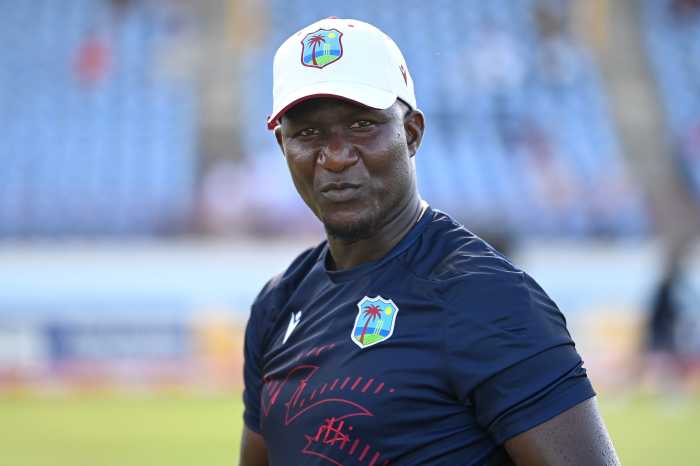Will Crutchfield’s Teatro Nuovo company celebrated its second season in existence by venturing out of Purchase and into Manhattan this summer for two concert performances at the Rose Theater at Jazz at Lincoln Center. Bellini’s early essay in high Romanticism, “La Straniera” (1829), was performed on July 17 and Rossini’s opera semiseria “La Gazza Ladra” (1817) went onstage on July 18.
Crutchfield’s project is in part a bel canto boot camp — a postgraduate training course for young musicians and singers devoted to learning through coaching sessions and masterclasses. The other part is actually performing the works and bringing them to life with an informed historical sensibility from critical edition scores. Period practice necessitates an orchestra of historical instruments led not by a conductor but by the fortepiano player (or “maestro al cembalo”) and first violin (“primo violino”) working in tandem as was done in the early 19th century.
The Teatro Nuovo musicians are younger and less polished than the modern instrument Orchestra of St. Luke’s at Caramoor, and there were no international opera stars onstage like Ewa Podles, Sumi Jo, Angela Meade, or Michael Spyres. Some of the artists seemed like well-drilled conservatory students while others revealed vocal mastery evidenced by fast-rising careers in regional theaters.
Bellini’s “La Straniera” (“The Foreign Woman”) concerns an exiled queen of France, Alaide, who lives in seclusion always veiled. Alaide inspires fear in the populace but fatally attracts the young nobleman Arturo. Felice Romani’s libretto leaves the audience as much in the dark as the hapless and hysterical hero, with most of the crucial plot incidents happening before the story begins or offstage. Bellini’s music never reaches the melodic heights of his breakthrough opera, “Il Pirata,” or the later “Norma” or “I Puritani” — most notably there is a lack of stunning arias. “La Straniera” is usually dusted off for a bel canto prima donna looking to expand her Bellinian credentials — Montserrat Caballé performed it with the American Opera Society in the late 1960s. I heard a radiant young Renée Fleming on the brink of stardom sing it with Opera Orchestra of New York back in 1993. But the fustian plot and earthbound melodies inevitably send “La Straniera” back into the dusty back drawer from whence it came.
Christine Lyons, last year’s wonderful alternate Amenaide in “Tancredi,” is a natural communicator with an individual soprano sound — a lush timbre overlaid with shimmering silvery overtones. A fast but even vibrato runs through her voice like a current of electricity. Lyons started off tentatively, as if the role of Alaide were an evening dress that didn’t quite fit or she felt she couldn’t carry off. Her tone sounded bottled up in the throat and high notes could be pushed. Gradually, Lyons relaxed and her lovely qualities started to shine through. But I couldn’t help remembering the vocal poise and authority the young Fleming brought to the role.
As Alaide’s obsessive would-be suitor — a psychotic hothead too idiotic to live even by Italian tenor standards — Derrek Stark revealed a plangent, well-balanced lyric tenor. Out gay barihunk Steven LaBrie brought a handsome baritone and equally handsome stage figure to the heroine’s brother, Valdeburgo. LaBrie showed a disturbing tendency toward overdarkening his tone, singing everything loudly and with one color typical of young baritones who aspire to dramatic Verdi repertory. I wanted more light and dark shading in the vocal palette and brighter vowels. LaBrie’s stage manner shows a tendency to fall into poses that needs to be watched. Young lyric soprano Alina Tamborini brought a vulnerable youthful timbre to the role of Arturo’s jilted fiancée Isoletta but the vocal writing indicates a darker-toned lyric mezzo-soprano. Much of the music lay too low for her comfort.
Crutchfield at the fortepiano collaborating with Jakob Lehmann at the first violin managed to generate some dramatic tension and forward moving excitement from Bellini’s ambitious but uneven score.
“La Gazza Ladra” (“The Thieving Magpie”) is a fraught melodrama about a servant girl, Ninetta, who is condemned to death for stealing the family silver — a larceny in fact committed by the titular avian felon. Ninetta’s day from hell is further complicated by an army-deserter father on the lam and a lecherous mayor on the #MeToo make. Luckily, the peasant boy Pippo discovers the bird’s hidden nest of loot just before the noose tightens around Ninetta’s neck. She is restored to her lover Giannetto while her father gets a reprieve.
The drama veers unexpectedly from rustic comedy to impending tragedy and back. It is sped along by a sparkling Rossini score starting with a bravura overture followed by bouncy arias, dazzling duets, and showstopper ensembles one after another. Rossini’s level of musical inspiration is consistently high and his invention is awe-inspiring. The casting here leaned toward the earnest but callow competence of the conservatory student but no one put a foot wrong.
As Ninetta, Alisa Jordheim’s crisp bright soprano suggested spunk as well as girlish fragility, her coloratura singing neat and technically precise. The standout in the ensemble was mezzo-soprano Hannah Ludwig in the trouser role of Pippo — hers is a robust and colorful voice that commands the music and stage. Her duet with Ninetta in the last act was the highlight of the evening, with soprano and mezzo blending ornamented vocal lines in thirds.
Rachelle Jonck led from the fortepiano while Lehmann on violin was her cohort in Rossinian revelry. I did start to miss a conductor here — the brilliant overture seemed more of a genial amble rather than the balletic tour de force achieved by great maestros from Toscanini onwards. The Teatro Nuovo Orchestra displayed greater ensemble precision and improved control over intonation and dynamics from their uneven showing in the summer of 2018.
Teatro Nuovo already has built on its inaugural season and brings bright hopes for the future in a city now deprived of concert opera.

